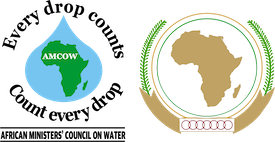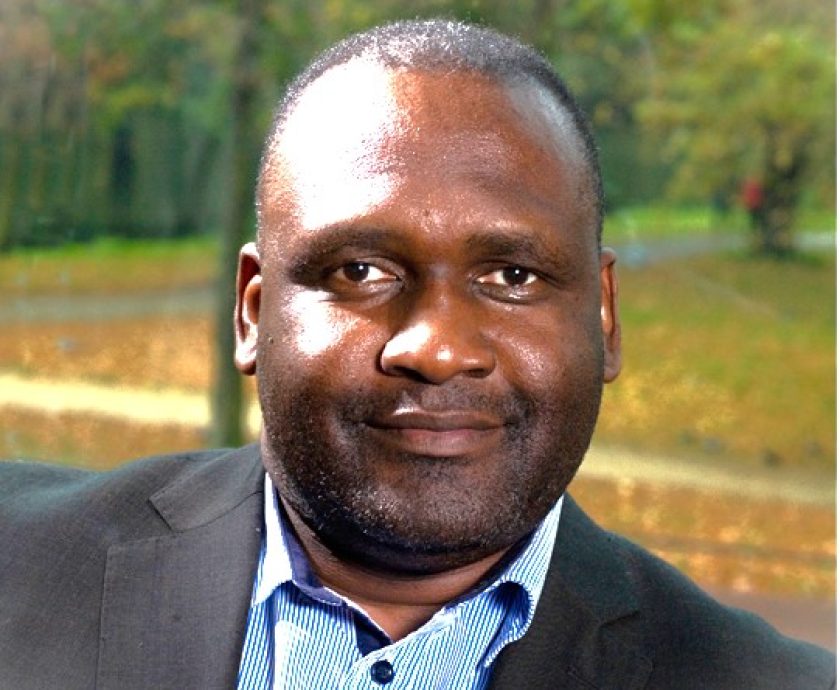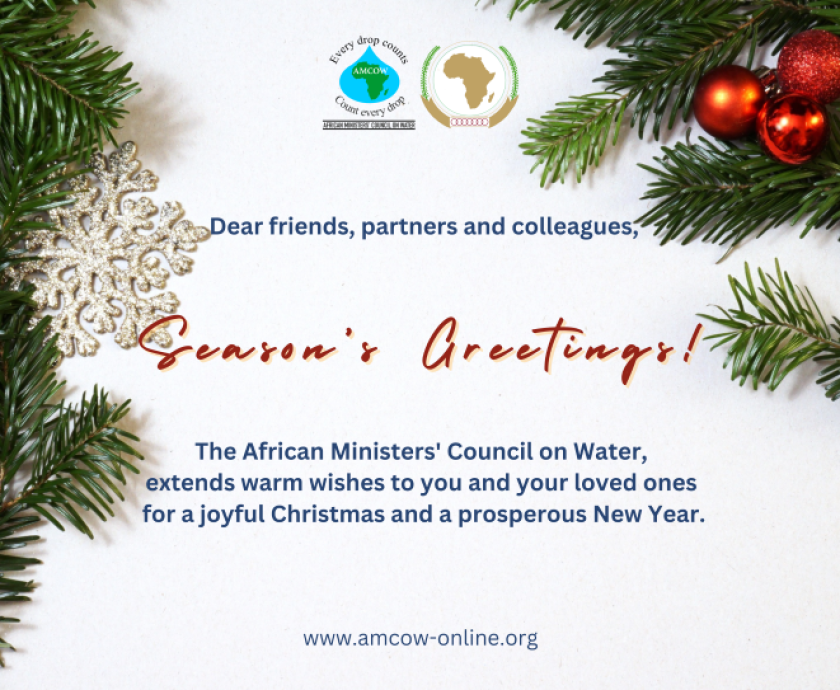10th World Water Forum Updates: Day 2 African Events
Bali, Indonesia – May 21, 2024
Day 2 of the 10th World Water Forum saw a critical session on “Mobilising Political Commitment for Accelerating Climate-Resilient Water Investments in Africa.” GWPSA, AUDA-NEPAD, AUC, and AMCOW convened the session from 10:20 to 11:50 AM in Kintamani 7. The session focused on transforming political commitments into actionable investments in Africa’s water sector.
In his opening remarks, HE Jakaya Kikwete, the Alternate Chair of the AUC’s IHL Panel, emphasised the critical need for immediate action. UN Deputy Secretary-General HE Amina Mohamed echoed his sentiments, stressing that Africa’s water security is crucial for sustainable development.
Ministerial Contributions
Statements from ministers of Namibia, Egypt (current AMCOW President), Uganda, Zimbabwe, Senegal, and Tanzania all converged on a common theme: while political commitments abound, the urgent challenge is their implementation. They highlighted the necessity for domestic resource mobilisation and public sector reforms to stimulate a conducive environment for private-sector investment.
Insights from Panel Discussion
A robust panel discussion featuring African Development Bank (AfDB/AWF) representatives, World Bank, UNCDF, UNICEF, GWP, and the European Commission explored strategies to scale up and accelerate investments. The discussion underscored that 90% of current investments in the water sector come from public funds, with private sector contributions lagging at just 10%.
Identified Challenges and Solutions
Participants identified three primary challenges: the gap between political commitments and actionable implementation, the paradox of Africa’s abundant resources juxtaposed with widespread poverty, and the water sector’s limited appeal to private investors.
To address these, innovative solutions such as blended finance were proposed. The Green Bond issued by TANGA Waterboard in Tanzania, which saw overwhelming investor interest, was cited as a successful model of domestic resource mobilisation.
Participants agreed on several actions to drive progress, such as developing clear plans to translate political commitments into tangible actions, enhancing domestic revenue streams to finance water infrastructure and implementing public sector reforms to attract private investment.
It appears that the issue is not a lack of commitment but a need for action kept recurring in the ministerial statements. The panel discussion highlighted “Blended finance, like Tanzania’s Green Bond, as showing the way forward. The session underscored the urgent need to convert political promises into concrete actions, leveraging domestic resources and reforming public sectors to ensure a climate-resilient water future for Africa.









